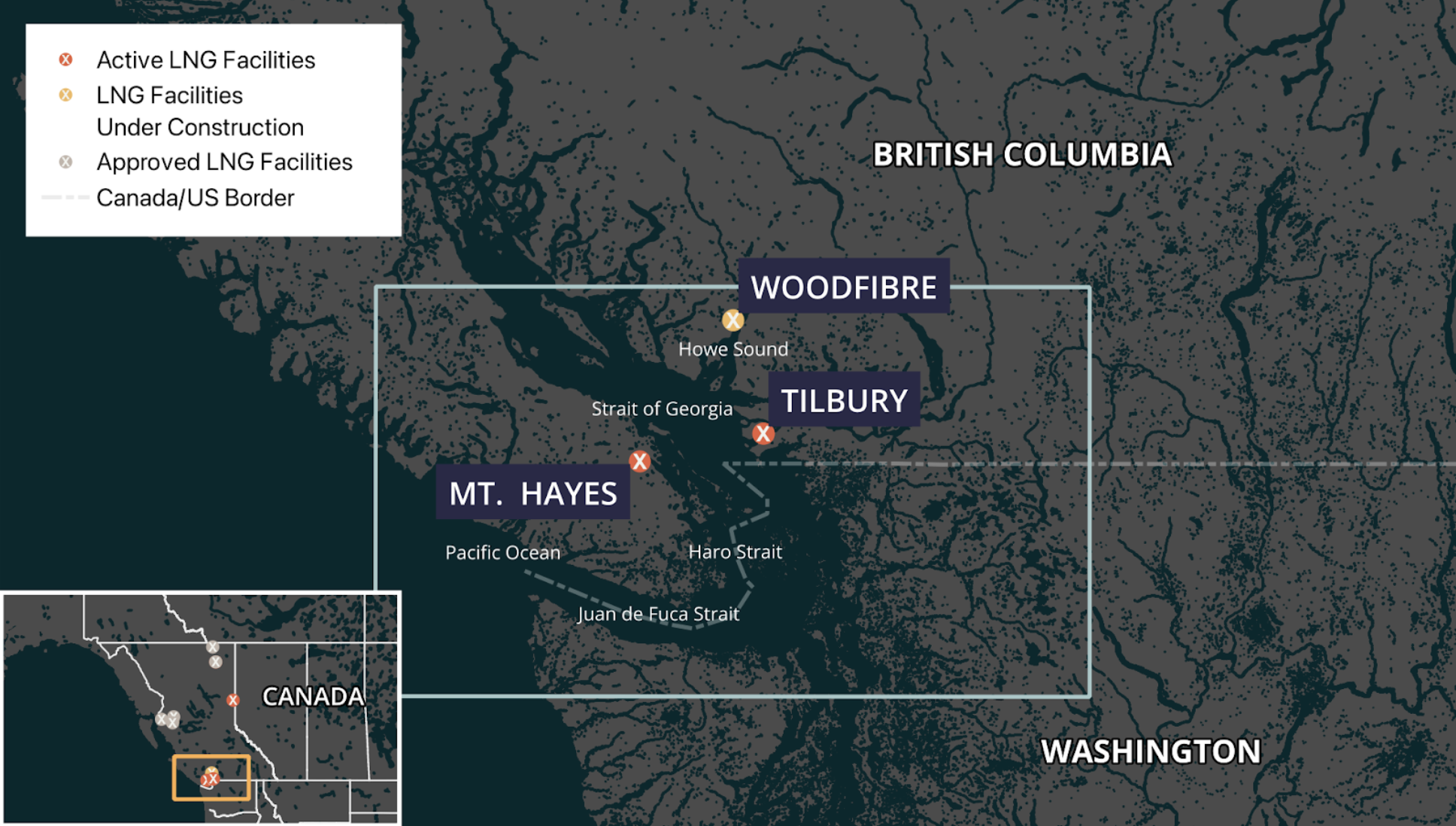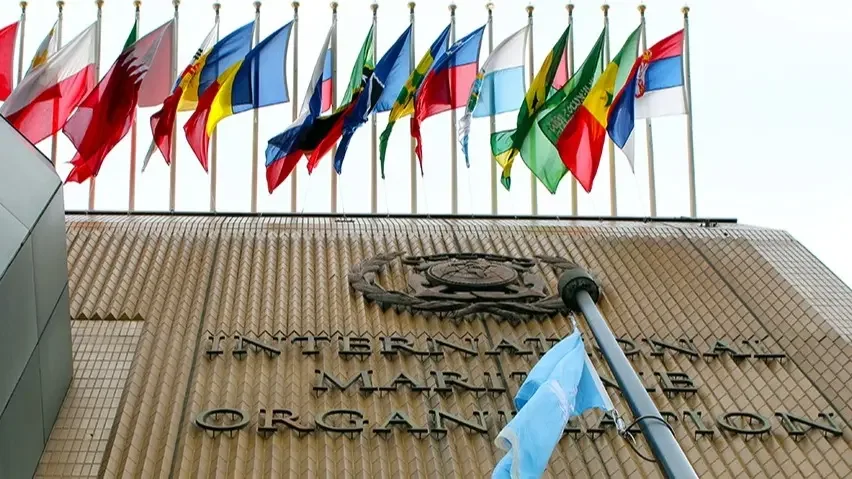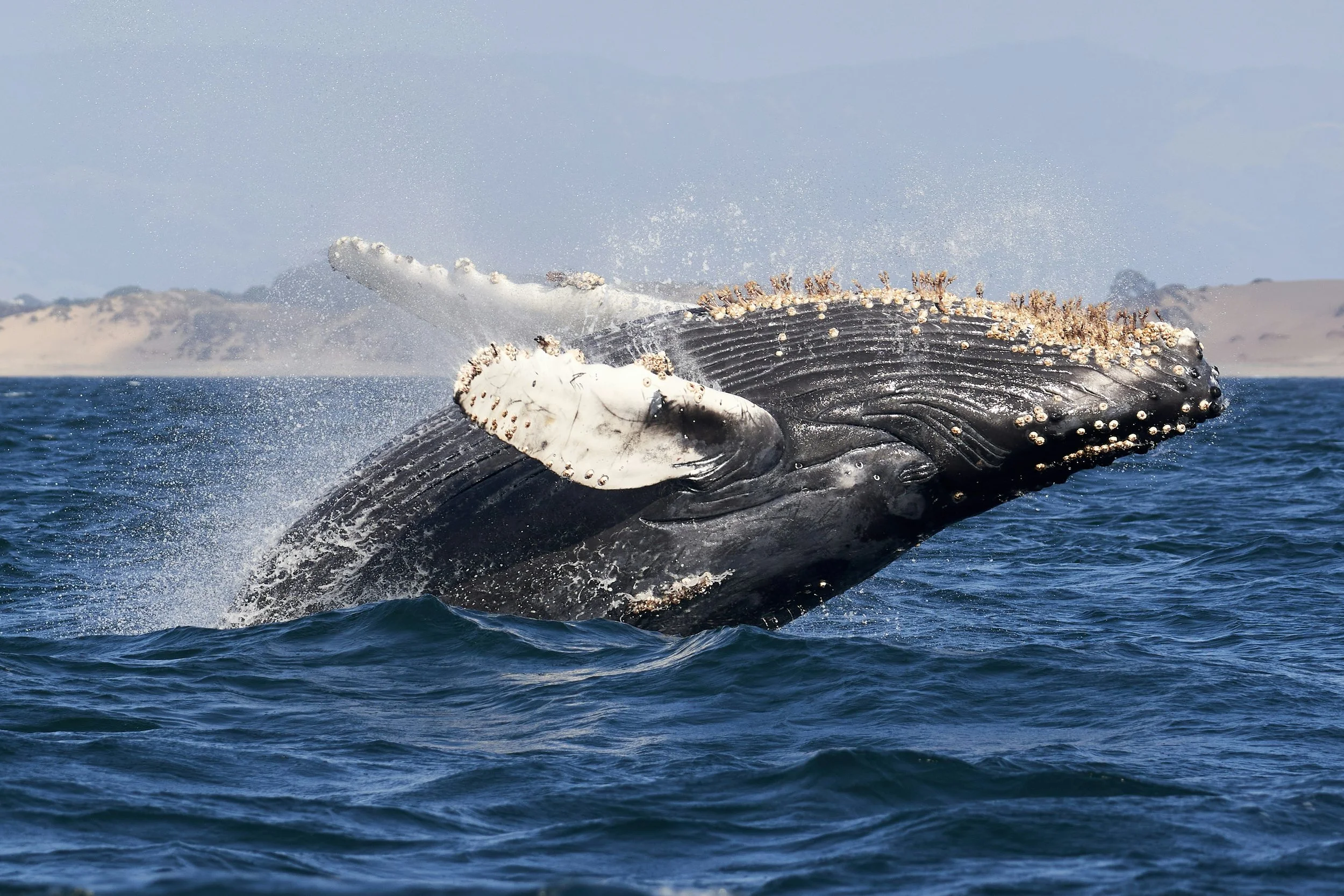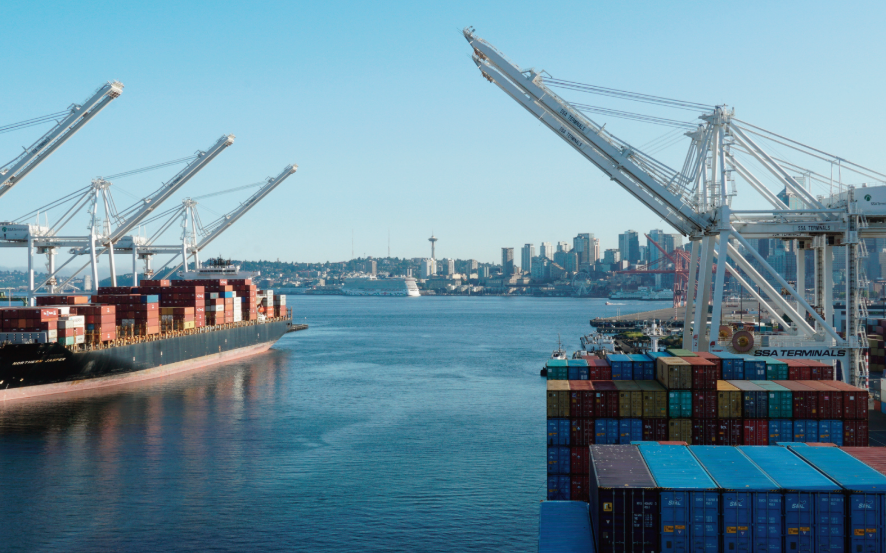
Resources

Mapping Threats from LNG Tankers in Southern British Columbia, Canada
This report provides a high-level overview of the social, environmental, and climate impacts of LNG infrastructure in southern BC, with a focus on Woodfibre LNG and Tilbury LNG export facilities and their associated LNG tanker traffic.

New research maps health and environment risks from LNG tanker routes through Vancouver and Squamish region
Maritime Beyond Methane (MARBEM) Press Release: New research maps health and environment risks from LNG tanker routes through Vancouver and Squamish region. More than 800,000 people reside within 10km of proposed LNG tanker routes.

New global shipping initiative launches to accelerate the transition beyond methane-based fuels
Maritime Beyond Methane (MARBEM) Press Release: New global shipping initiative launches to accelerate the transition beyond methane-based fuels.

ISWG-GHG 20-3-9: The IMO life cycle GHG assessment framework
This document encourages the re-establishment of the correspondence group looking at "other social and economic sustainability themes/aspects of marine fuels" for potential inclusion in the 2024 Guidelines on life cycle GHG intensity of marine fuels (2024 LCA Guidelines). By focusing on LNG, bio-LNG, and e-LNG as an example in this document, it is evident that without a comprehensive assessment of existing and emerging fuels, IMO's net-zero goals and the implementation of the IMO Net-Zero Framework could be under threat.

ISWG-GHG 20-3-7: Re-establishment of the correspondence group on other social and economic sustainability aspects of marine fuels
This document encourages the re-establishment of the correspondence group looking at "other social and economic sustainability themes/aspects of marine fuels" for potential inclusion in the 2024 Guidelines on life cycle GHG intensity of marine fuels (2024 LCA Guidelines). By focusing on LNG, bio-LNG, and e-LNG as an example in this document, it is evident that without a comprehensive assessment of existing and emerging fuels, IMO's net-zero goals and the implementation of the IMO Net-Zero Framework could be under threat.

Global Analysis: Public Financial Institutions Investing in LNG
Backed by global finance tracking databases, this analysis traces over $23 billion in public finance supporting 76 LNG maritime projects worldwide through loans, credit guarantees, sale and leasebacks, and equity.

Op-Ed: The Great LNG Scam: The IMO’S Climate Credibility is on the Line
Elissama Menezes and Andrew Dumbrille, directors of Equal Routes (MARBEM Partner), write for Splash ahead of this month’s crunch green vote at the International Maritime Organization.

A Study of the Potential Impacts of LNG Development on Marine Mammals in the Gulf of California
A Study of the Potential Impacts of LNG Development on Marine Mammals in the Gulf of California

Land-to-Sea:Why Shipping’s Fuel Choices MustFactor in Social and Health Impacts
Land-to-Sea: Why Shipping’s Fuel Choices Must Factor in Social and Health Impacts
Safeguarding Natural and Social Capital:
“The global LNG-fueled fleet’s estimated 247,000 tons of methane emissions in 2023 translated to nearly US$950 million in annual climate damages — a near-fourfold increase from 2016, when the figure stood around US$250 million.”
Get in touch.
Reach out to learn more about our work, share insights, or explore how we can partner to accelerate the shipping industry’s transition beyond methane.


